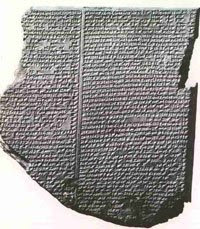
At its cultural, political, and economic zenith, the Roman Empire spanned the modern-day territories of North Africa, southern Britain , and Anatolia (Turkey Rome Rome Rome'
Many have debated the reasons for the fall of the Roman Empire , including Edward Gibbon, Ferdinand Lot, and more recently, Norman F. Cantor. There is, however, a general consensus among many contemporary scholars that the growth of Christianity significantly undermined the institutional features that had distinguished effective Roman governance. Particularly, once the Christian community and leadership became powerful and influential enough to convince Roman emperors to actively suppress religious diversity, the political and territorial fragmentation of the empire was all but assured. Added to the increasing tension that pitted those who sought to preserve traditional Roman pagan practice (Symmachus) against those who championed Christian orthodoxy (St. Ambrose of Milan), were the Germanic barbarian hordes who after centuries of being thwarted finally managed to secure a victory over the Roman army at the Battle of Adrianople. Depleted by war, divided by religion, and having no industrial base to reorganize and restructure itself, Rome
So what lessons can be, and should be, learned from an empire that has long since ceased to exist? Today, the United States is facing many of the same problems that led to the fall of the Roman Empire:
1. Rome Rome United States Rome United States United States Rome Afghanistan and Iraq have deepened the severity of America China , the United States
Although it is tempting to draw definitive conclusions about the fate of the United States America are separated by two vast oceans and despite the attacks on September 11, the United States will never experience waves of barbarian invaders landing on its shores as did Rome United States America
Note: The debate, of course, is much broader and comprehensive than has been here discussed. I've attempted simply to draw a few obvious parallels between the two empires.








